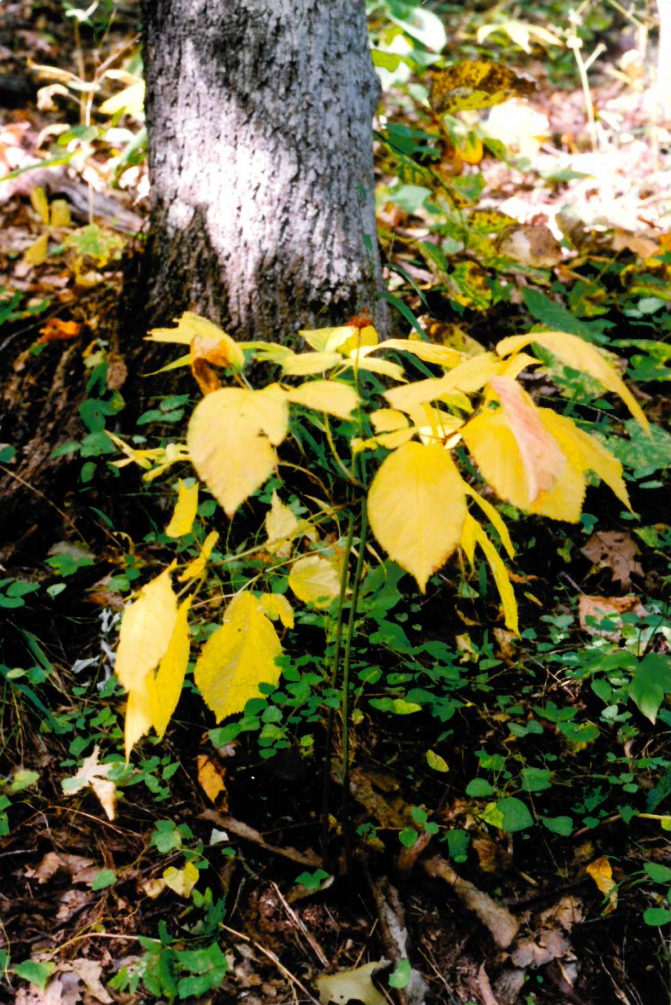They came across these hills from everywhere. Scotch-Irish, German, and European, and all parts in between. They saw these beautiful mountains and valleys and sank deep roots into the soil. They worked from light to dark, grubbing, chopping, sawing, and building. They came across the hills with a broadaxe, a horse or mule, a few tools, and a deep need for freedom. They mostly all had an old KJV Bible. They used it for worship, for their guide to life.
They first helped each other build a cabin for shelter and a shed for livestock. They had to get a crop in the ground for wintertime. They had to make corn crops and hay. They used every part of their corn: the ears for food, hominy, cornmeal, mush, and to kick-start their work animals. My grandfather would plow hillsides so steep that if you had a tractor you couldn’t use it, and the old mule Fred and him would stop at dinner, and he would give Fred an ear of corn for reloading, he said. It was enough that the old mule would work from day to dark. Sweat, stink, and fart…
The smell of sweat and leather is unforgettable. Those old barns smelled like work. They used the stalks for feed and the shucks sometimes were dipped a bit in coal oil and used for light; we get the phrase “light a shuck,” going home in the dark or to the barn or outhouse maybe. Anyway, after the cabins were built, next came the church/schoolhouses. Though our ancestors had little or any education, they still realized the importance and most wanted it for their children. Most had large families for lack of birth control, but also for help on the farms. Everyone worked. Large families meant more preparation for winter, more food to can and store in the root cellars. Our ancestors were independently fierce and proud people. They would probably disown our great country now.
There was very little cash money. Did you know that one source of cash money was wild American ginseng? I’ve heard that Daniel Boone had Indians digging for him. I don’t know about that, but I do know that history teaches that it was valued hundreds of years ago, and it is still here. Poachers and fools have practically eliminated it in lots of places, but it’s still here. I can see my grandfather with a little sack made out of a feed sack tied to his waist with a biscuit or some such in it for food. He had a sang stick six feet long probably, and he kept it sharpened for balance as well as for digging. Heading off up a holler for higher ground and “cash money.”
Can you imagine, you’ve just had a brutal summer making sure you had firewood for cooking and heat for winter; you’ve canned and stored food for winter as well as food every day. The hogs are getting fat, fences are repaired, harnesses are repaired and oiled, roofs constantly fixed, hay has been cut, and stumps are burning on that new ground. You get to go to the woods and hunt for the most beautiful plant in all the world. I think it would be like a vacation, better than a vacation. I suspect lots of old-timers put some things off just to get in the woods… I would have.
Think of that great heritage we come from, boys and girls. Next time you look across the holler and there on the other side, a long way off, you catch a flash of red and you feel that surge of joy and excitement, think about your ancestors’ feelings those many years ago. They almost had to find that gold. I live on sweet memories a lot at my age, and my hope is that you make yourself some memories worth keeping this season…and leave some in the ground.

